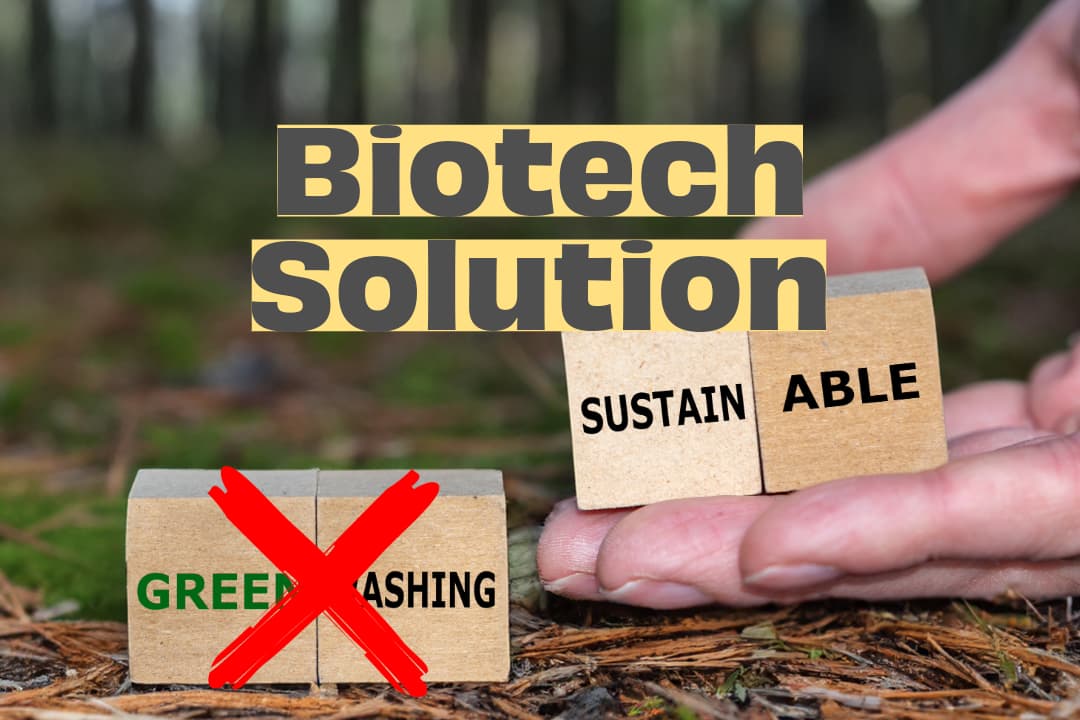
How Biotech is Revolutionizing Skincare and Haircare
We the DyasporaShare
Biotech is transforming industries across the globe, and beauty is no exception. The evolution of skincare and haircare, thanks to biotech innovations, is moving the beauty industry toward new levels of efficacy, sustainability, and personalization. This cutting-edge approach is addressing complex concerns in ways traditional methods can’t match. In this article, we'll explore how biotech is revolutionizing skincare and haircare by harnessing lab-grown ingredients, supporting sustainability, and advancing personalized beauty solutions.
Lab-Grown Ingredients: Consistency and Potency
In the traditional beauty industry, natural ingredients have long been the cornerstone of skincare and haircare formulations. However, the natural extraction process often results in inconsistencies due to variations in growing conditions, harvesting, and the environment. Enter biotech—offering a revolutionary solution to this problem. Biotech allows for lab-grown ingredients that can be produced in controlled environments. This ensures that the ingredients used in beauty products are not only pure but also consistent in quality from batch to batch.
Take hyaluronic acid, for example, an ingredient known for its ability to retain moisture in the skin. Traditionally, this was harvested from animal sources or extracted from plants, which can lead to variation in the quality of the final product. However, with biotechnology, this same ingredient can be created using microbial fermentation. This method provides a more ethical, eco-friendly, and reliable source of hyaluronic acid that’s free from the natural fluctuations that affect traditional production.
Another example is squalane, a popular emollient found in many skincare products. Originally derived from shark liver, today squalane can be synthesized using sugarcane fermentation, thanks to biotech innovations. This not only saves marine life but also provides a vegan, sustainable alternative that maintains the same high-performing qualities in moisturizing and smoothing the skin.
Sustainability Through Biotechnology
Sustainability is one of the most pressing concerns for both consumers and brands in the beauty industry. Traditional farming and ingredient extraction methods can have devastating environmental impacts, such as deforestation, soil depletion, and water usage. Biotech offers a solution by shifting away from resource-heavy extraction to lab-grown alternatives.
The fermentation process, one of biotech’s key techniques, allows for the creation of natural ingredients without relying on traditional farming methods. Instead of growing and harvesting plants to extract oils or actives, biotech companies use microorganisms like yeast or bacteria to produce these ingredients in controlled, scalable environments. This minimizes the carbon footprint, water consumption, and overall environmental impact associated with traditional ingredient sourcing.
Biotech innovations like these align with growing consumer demand for eco-conscious products. Consumers today are more informed about the environmental consequences of their purchases and often seek out brands that prioritize sustainability. Biotechnology empowers brands to offer high-quality, high-performance products that don’t come at the expense of the planet.
Biotech and Personalized Beauty
Personalization has become one of the biggest trends in beauty, and biotech is playing a pivotal role in making it possible. The idea of creating a one-size-fits-all skincare or haircare product is becoming outdated, as science reveals that everyone’s skin and hair have unique needs. Biotechnology allows for the creation of products that can be tailored to individual concerns at a molecular level.
Genetic profiling and DNA-based skincare are some of the more advanced applications of biotech in personalized beauty. By analyzing a person’s genetic predispositions—whether it's for wrinkles, acne, or hair thinning—scientists can develop products that target these specific issues with greater accuracy.
In haircare, biotech is enabling personalized solutions as well. This precision gives consumers products that work more effectively than traditional formulations that may only address one or two generalized concerns.
The Shift Away from Animal Testing
One of the ethical debates in the beauty industry has been the reliance on animal testing for safety and efficacy. Biotech is helping to eliminate this need by providing alternative methods for testing and formulation. By growing human skin cells in labs, companies can test the effects of ingredients in a more accurate and humane manner.
For example, companies are using 3D bioprinting technology to replicate human skin tissue in laboratory settings. This allows them to conduct more precise testing on how various compounds interact with skin, without subjecting animals to harmful experiments. The use of such biotech advancements is leading the charge in the cruelty-free beauty movement and ensuring that products are safe for human use without ethical compromises.
Additionally, lab-grown ingredients themselves can replace animal-derived ingredients, making it easier for beauty brands to develop vegan products without sacrificing performance. For example, collagen—an essential protein for skin elasticity—was traditionally sourced from animals. Now, through biotech, collagen can be grown in labs using microbial fermentation. This not only offers a cruelty-free alternative but also provides a purer, more effective form of collagen for skincare products.
The Future of Beauty
Biotechnology in beauty is still in its early stages, but the possibilities it offers are vast. In the future, we can expect even more groundbreaking advancements, such as products that change based on environmental factors like temperature or humidity, or skincare that works in tandem with a person’s gut microbiome for optimal results.
As biotech becomes more accessible and affordable, it will likely become the norm in product development. The ability to create eco-friendly, ethical, and highly effective products will drive the industry forward, offering consumers better choices without compromising their values.
The marriage of beauty and biotechnology is here to stay, promising a future where skincare and haircare are not only more personalized and effective but also more ethical and sustainable. With advancements in lab-grown ingredients, personalized treatments, and cruelty-free testing methods, biotech is helping to push the beauty industry into a new era of innovation.
